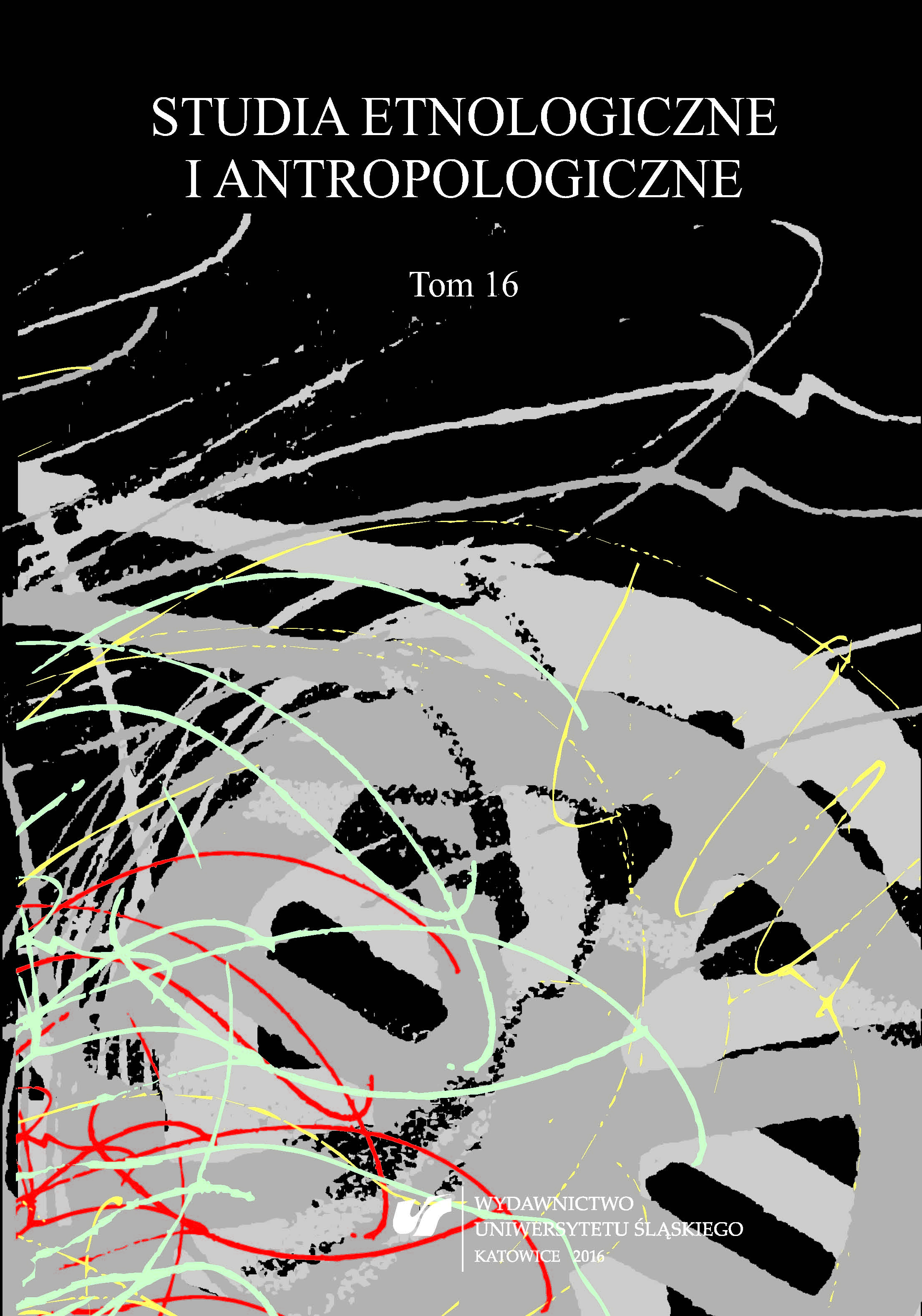Kto się boi wielkiego, złego folku?
Who’s afraid of the big, bad folk?
Author(s): Joseph Grim FeinbergSubject(s): Customs / Folklore
Published by: Wydawnictwo Uniwersytetu Śląskiego
Keywords: tradition; folklore; folklore studies; reconceptualization; authenticity
Summary/Abstract: There is some basis to the perennial fear that folklore draws every day nearer to extinction. But this is true not so much because the traditional sources of folklore are disappearing; it is so rather because the very idea of folklore has fallen on hard times. Folklore is less popular in the public sphere than it once was, but it is also less popular among scholars, who have been gradually abandoning folklore studies for other fields or have been renaming and redefining folklore studies, with the result that the discipline is decreasingly identifiable as the study of something called “folklore”. This essay takes such criticism of folklore as its point of departure, offering its own proposal for critically reexamining and reconceptualizing – but not abandoning – the idea of folklore. The author argues that a serious engagement with the idea of “the folk” may serve as a point of departure for understanding the symbolic ambiguity as well as the social significance and political power of what scholars call (or used to call) folklore. Scholars should neither uncritically accept the ideology of the folk, nor hastily banish the idea to the safe realm of the emic as if it had no bearing on the way we as scholars think. If the study of folklore has relevance in today’s world, it is above all because of the unusual notion that some kinds of expression are conditioned by some kind of social entity that can be called a folk, which continues to provide the most productive basis for a scholarly discipline studying folklore.
Journal: Studia Etnologiczne i Antropologiczne
- Issue Year: 2016
- Issue No: 16
- Page Range: 15-32
- Page Count: 18
- Language: Czech, Polish

